Review / We review Motorola Razr 2019 – revival of the classic flip phone will woo millennials, but falls short on features
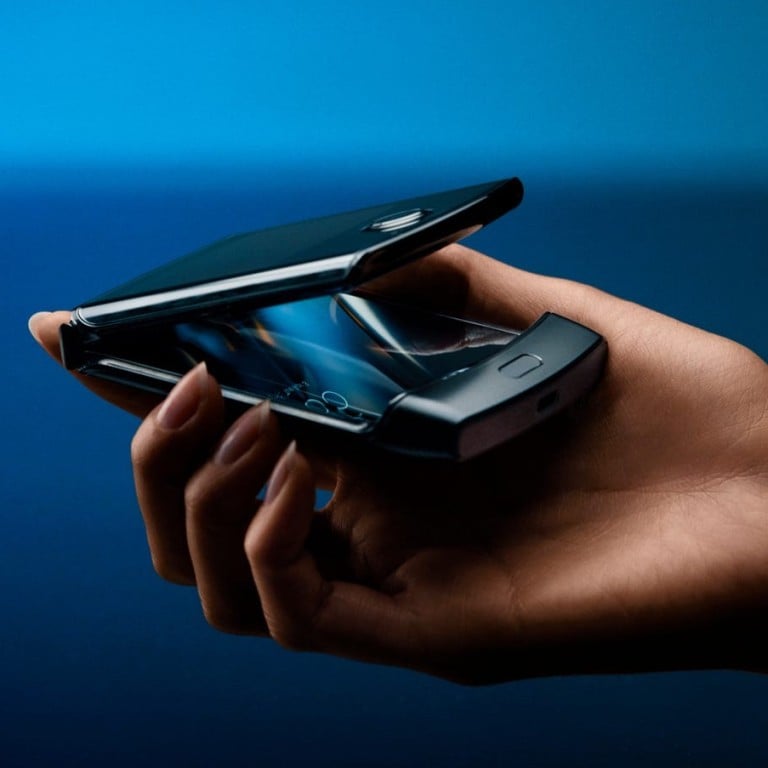
Motorola is bringing back its iconic Razr flip phone from the early 2000s, a phone that probably invokes just as much nostalgia for millennial-aged smartphone users as their first iPhone or BlackBerry handset.
I had a Razr when I was a teenager sometime around the year 2005, and it was the first cellphone I was ever actually excited to use. Like most people my age at the time, I really just wanted a cellphone so that I could feel more independent and contact my friends whenever I wanted.
But until the Razr, I didn't really care what type of phone I was using, so long as it could text and make phone calls. The Razr, however, felt like the first phone that was a status symbol. With its angular edges, flat shape, and shiny, sleek keypad, the Razr looked unlike anything else at the time.
Will the Galaxy Fold be the game changer Samsung is hoping for?
The 2019 version, thankfully, maintains this general aesthetic, but with modern functionality. It has an expansive, crisp touch screen that impressively folds in half, a camera with a high-resolution sensor, and a fingerprint scanner for unlocking the phone, among other familiar features. And compared to other foldable phones that have debuted this year, the Motorola Razr seems well-positioned to succeed.
For starters, it’s less expensive than rivals like the Samsung Galaxy Fold. But it also revives a form factor that's proven to have resonated with cellphone users in the past – the flip phone – rather than asking consumers to get used to something entirely new. And most importantly, since it folds in half, it's more convenient to store in a pocket or purse.
But those benefits alone may not be enough to make the Razr a hit. While its foldable and nostalgic design certainly makes the Razr stand out, it's unclear how well-spent that US$1,500 will feel once the novelty of snapping your phone shut to end a call wears off.
That's because although the Razr is made to look and feel like a 2019-era smartphone, it’s lacking in certain areas compared to rival devices from Apple, Samsung and others.
Here's why I wouldn't buy one.
Its camera falls behind competitors
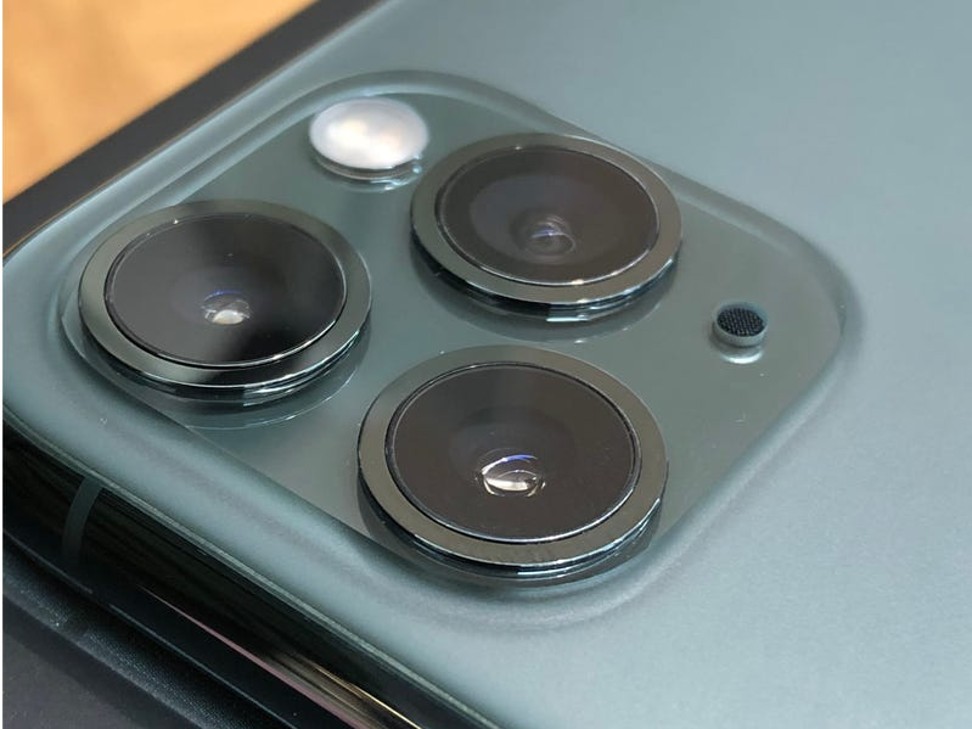
The Razr's front-facing camera only has a five-megapixel sensor, which is a far lower resolution than that of other high-end smartphones like the iPhone 11 Pro or Samsung Galaxy S10. All three of Apple's new iPhones, for example, have a 12-megapixel selfie camera, while all the phones in Samsung's Galaxy S10 family have a 10-megapixel front camera.
But more importantly, the primary camera on the back of the Razr, the one you'll probably use to take most your photos, only has one 16-megapixel lens. That may not sound like a shortcoming, but Motorola is putting a single lens camera on an expensive smartphone at a time when triple-lens cameras are quickly becoming the norm.
Both the iPhone 11 Pro and Samsung Galaxy S10, for instance, have wide-angle, telephoto and ultra-wide-angle cameras that allow for more flexibility when shooting with your smartphone. I've found the ultra-wide-angle lens on the iPhone 11 Pro and Galaxy S10 to be especially useful, considering it makes it possible to squeeze much more of the scene into a frame than smartphones of years past. It's a useful feature I'd sorely miss if I ever try switching to the Razr.
From iPhones to foldables, these are the best new smartphone options in 2019
It doesn’t support 5G connectivity
That might not be very important right now, considering 5G networks are far from being available on a widespread basis. But if you're investing US$1,500 in a new phone, you'll probably want to hold onto it for at least three years. By not supporting 5G, the Razr could quickly feel out of date.
Despite these shortcomings, it's still more expensive than today's high-end smartphones
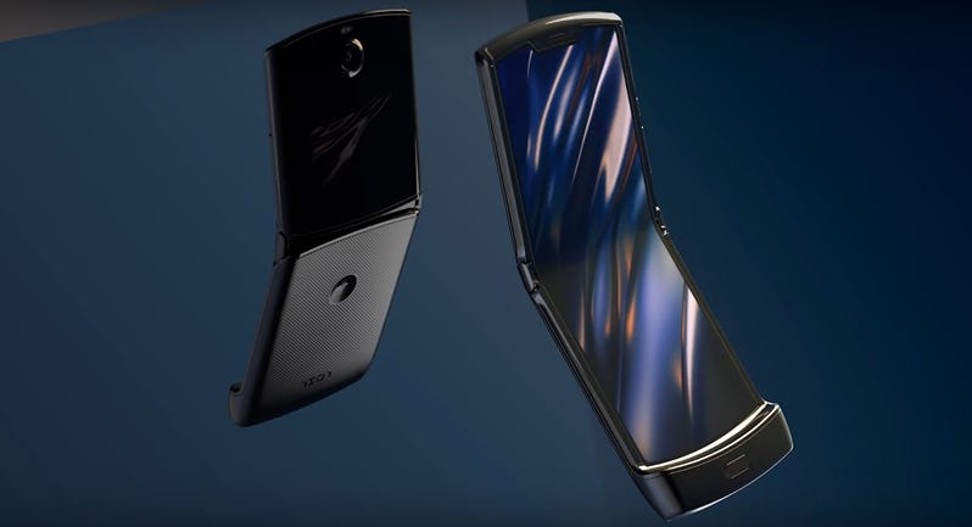
The iPhone 11 Pro and Samsung Galaxy S10 both look like a bargain compared to the US$1,500 Razr: the iPhone 11 Pro starts at US$1,000, while the larger Pro Max starts at US$1,100 and the Galaxy S10 starts at US$900. The highest configuration of the iPhone 11 Pro Max, which offers a 6.5-inch display and 512GB of storage, is still US$50 cheaper than the Razr at US$1,450. It has four times the amount of storage space compared to the Razr and a larger screen, in addition to a triple-lens camera and higher-resolution selfie camera.
For the price, it doesn't look like it will add much that's new to the smartphone experience
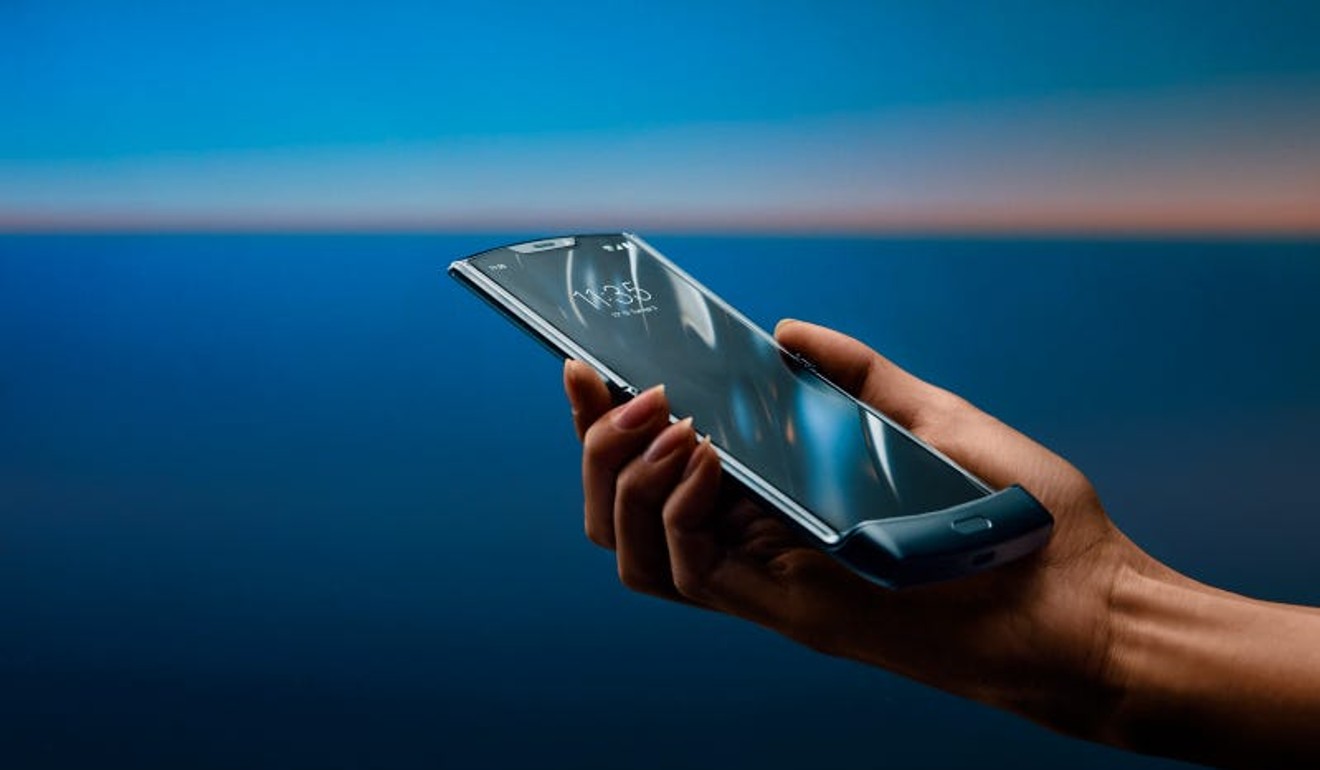
The Razr's main selling point is that it can fold in half, making it much easier to stow away in a pocket or purse. That level of convenience is important considering today's smartphones are larger than ever.
But beyond making your smartphone more portable – and bringing back the ability to snap your phone shut to hang up on someone – it doesn't look like there will be much that makes using the Razr different than any other smartphone.
The Galaxy Fold, despite the durability issues it faced earlier this year, at least made it possible to do more with your phone. I loved using the Fold to expand the size of my phone's screen, making everyday tasks like playing a game, watching Netflix or even just reading email feel more enjoyable. It made me hopeful for a future in which buying one device that serves as both a phone and a tablet felt like a viable option for most people.
Can Samsung's Galaxy Note beat the crowd?
Buying a first-generation product can be risky
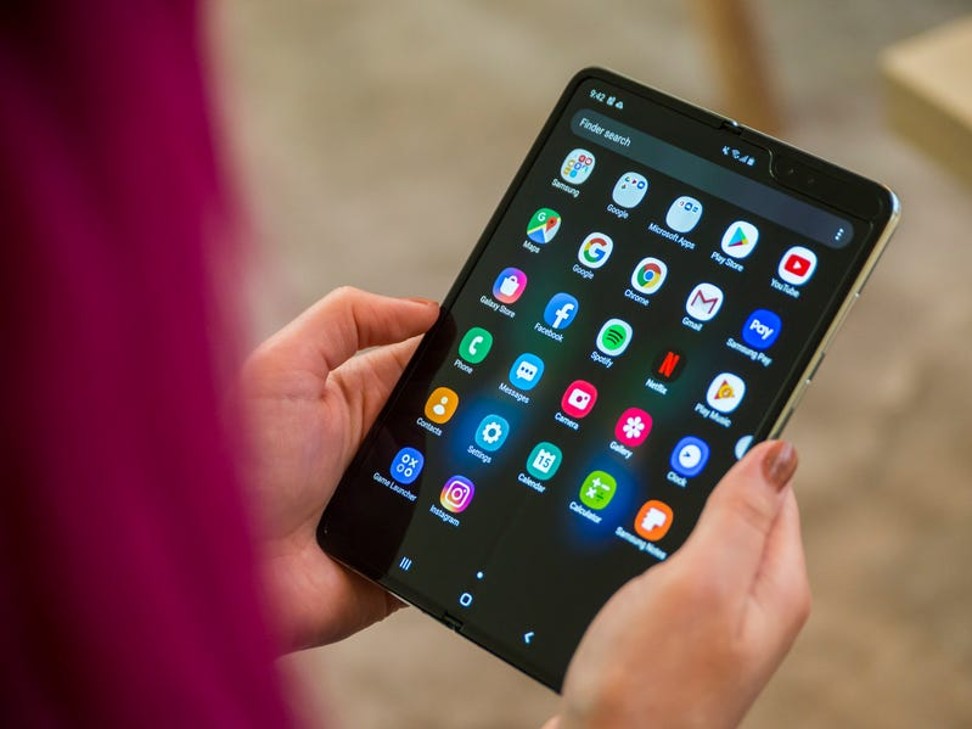
It's exciting to see smartphones that experiment with new designs and form factors, and doing so is necessary to keep pushing the industry forward. But it's also worth considering that purchasing a first-generation product is always a risky move. Since it's Motorola's first foldable phone, and one of the first foldable phones period, there's no telling how well it's going to hold up over time.
No one would have guessed that the screen on Samsung's Galaxy Fold was prone to issues, but then several reviewers reported that the display malfunctioned after only a couple of days of use. The Razr's screen has a protective scratch-resistant coating, and the device has a zero-gap hinge that should protect the display from debris. These measures will hopefully ensure that the Razr isn't prone to damage as the first version of the Fold was, but it's impossible to know for sure without using it.
But of course, none of this has anything to do with what really makes the Razr appealing in the first place
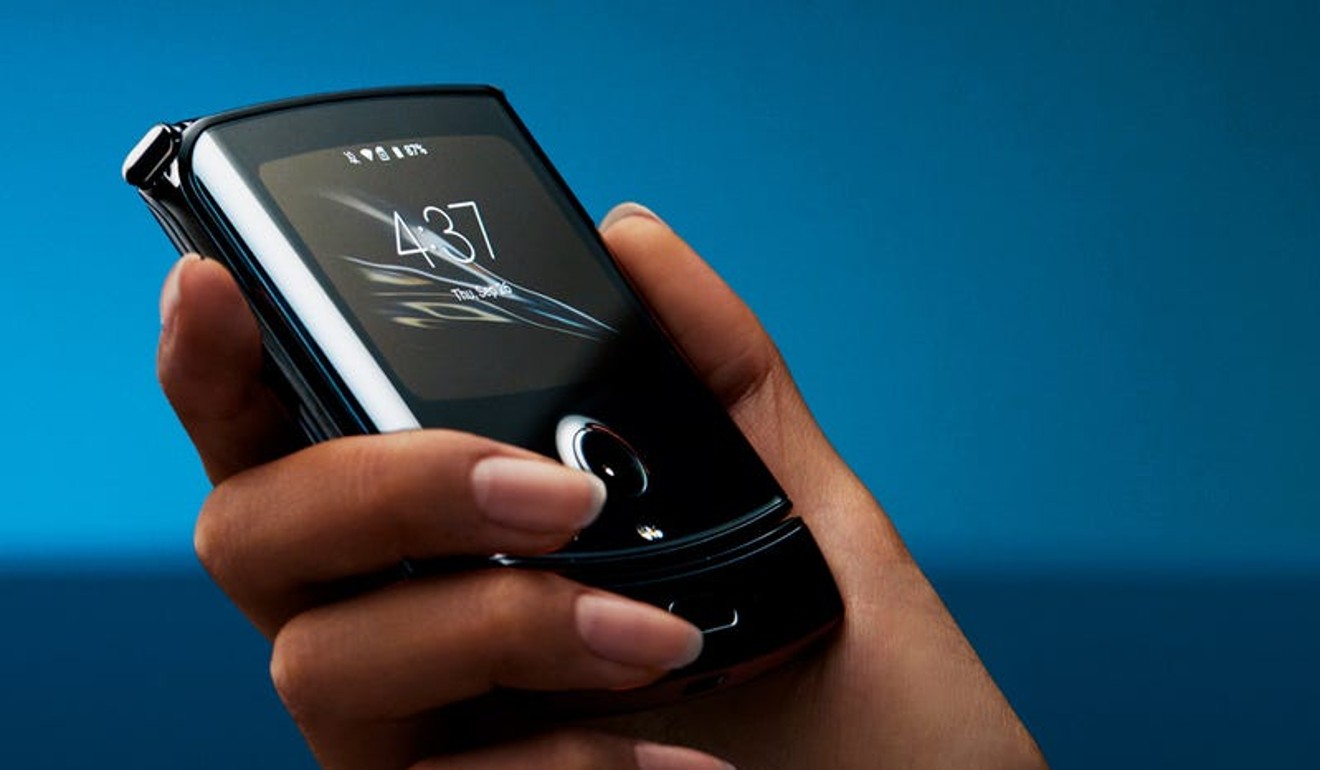
You could argue that I'm missing the point by picking apart the Razr's technical specifications and zeroing in on the features it doesn't have. The Razr isn't meant to be like the iPhone 11 Pro or Samsung Galaxy S10.
Samsung’s Galaxy Fold launches in Korea – but the US must wait
You're paying a premium to get a one-of-a-kind phone with a foldable screen that has the look and feel of the cellphone you probably had back in 2005. Even if you didn't have the Razr, you probably had a flip phone of some kind, and the new Razr is designed to emulate that experience with a modern twist.
But it comes at a high price, just like the original. And in an era in which we rely on our phones for a lot more than we did back in the early 2000s, you'll have to decide whether it's worth the trade-offs.
Want more stories like this? Sign up here. Follow STYLE on Facebook, Instagram, YouTube and Twitter .

Reviving Motorola’s classic Razr flip phone might win over nostalgic millennials, but the novelty soon wears off and the features and functionality fall short of smartphones from Apple, Samsung et al, writes Lisa Eadicicco